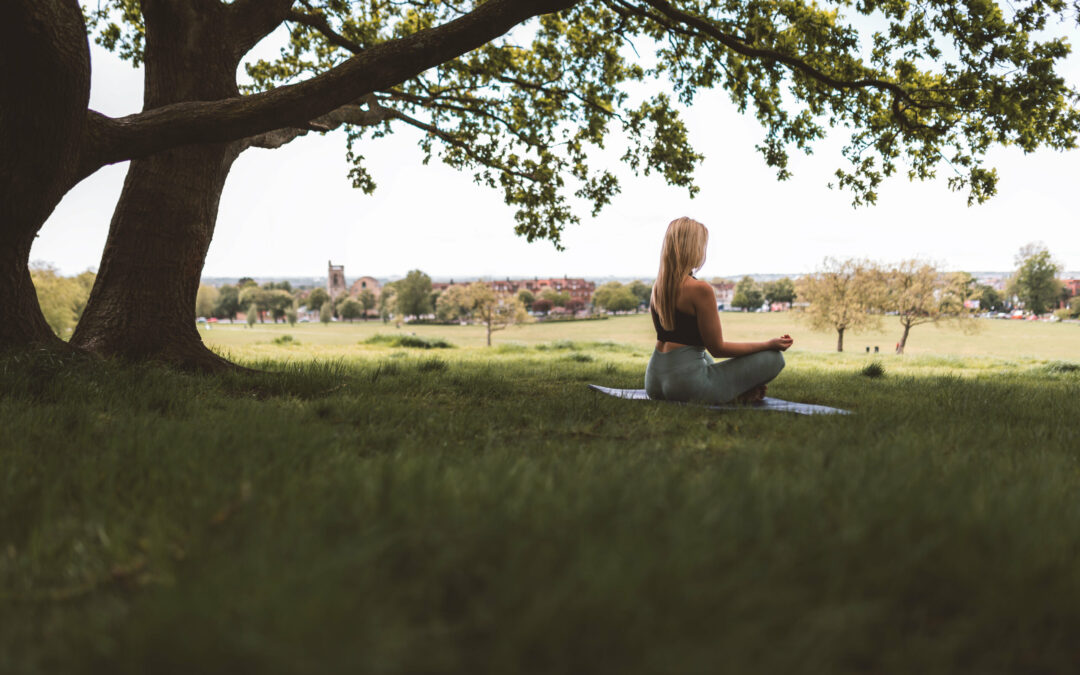intro
But our thoughts are very potent. As an endless number of research studies in different fields show, the thought of being treated alone can induce a healing process in the body, for example. More often than not, this effect is just as strong as the effect of a drug or a different kind of therapy (even surgery in some cases!). This is called the placebo effect, and it’s impressive! Our mind actually mediates a lot of what’s going on in the rest of the body, even if we don’t intend or notice it. What we think – how we think – eventually becomes a pattern and influences what we’ll think in the future and how we’ll feel and behave. It influences what kinds of neurotransmitters are released in our nervous system, how well our immune system fights inflammation, what types of hormones are released in the body, and how fast the telomeres that protect our DNA shorten (meaning, how fast we age), to name just a few.
However, this effect goes both ways. What we think can make us healthier and happier but also make us feel much worse. One essential lever we can pull to make our thoughts work for us instead of against us is mindfulness. When we’re mindless, our mind is controlled by old thought patterns learned at a different time with a different perspective. They influence us even though they may not serve us anymore, and we don’t even notice. But when we’re mindful, we see what’s happening inside our mind.
…
Nowadays, mindfulness is usually scarce in our daily lives. But it’s something we can learn. Practicing to be mindful throughout the day is a good place to start, but regularly meditating makes it much easier to switch to a mindful place during the day. Learning to meditate comes easily to some people who don’t need much help. Others, however, struggle more to make meditation and mindfulness a part of their daily routine. These people benefit from having a teacher guide them through this process.
That’s why we need more meditation and mindfulness teachers. If mindfulness makes us happier and healthier, shouldn’t it be taught at kindergartens, schools, and every other educational institution, as well as privately for anyone interested? That way, every child and every adult would get the chance to learn this enlivening skill.
What about you? Would you consider teaching meditation and mindfulness to enable people to live happier and healthier? Let me know in the comments!
Check out the Meditation and Mindfulness Teacher Training here at the Academy to learn more about teaching mindfulness.
Not interested in teaching, but in learning to be mindful? Check out this course: Including Meditation and Mindfulness in Your Life
If you want to learn more about what other lifestyle aspects help you lead a happier and healthier life, take a look at my book:

